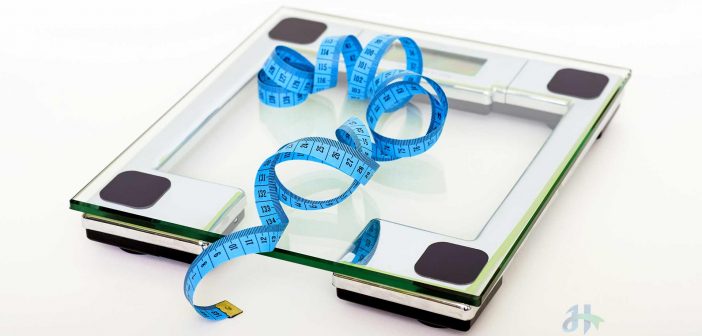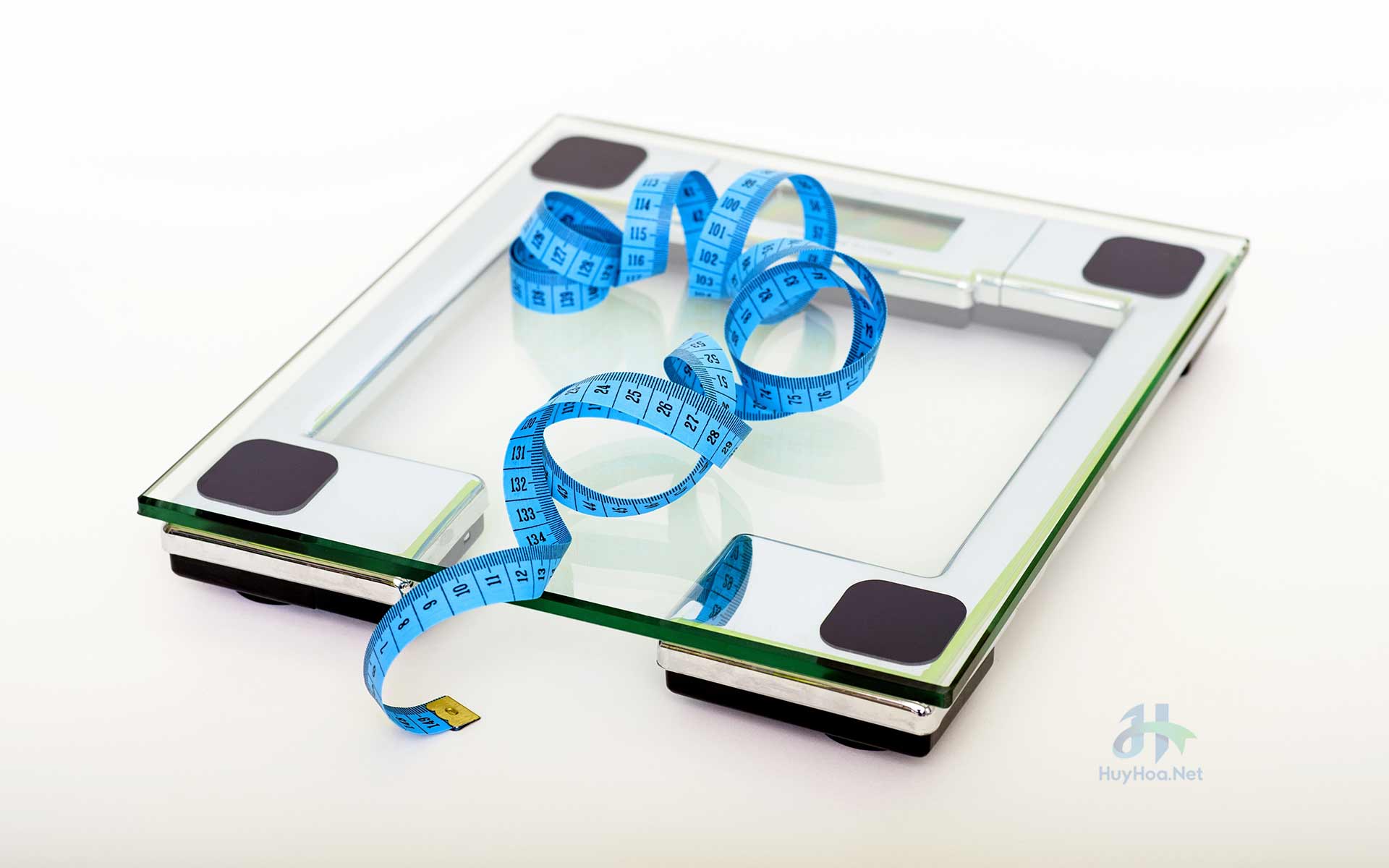When we talk about the weight loss industry, Atkins Diet is perhaps the most popular diet plan today and its popularity around the globe has resulted in a number of similar diet plans focusing on weight loss through high protein and low carb diet charts. Today, innumerable low carb diet plans have come into market but Atkins diet remains to be the topmost and most preferred plan.

Designed by Dr. Robert Atkins, the Atkins diet was first introduced in 1972. The plan’s focus is on reduction of high carb foods like bread, pasta, starchy veggies and rice because these food items result in increased blood glucose level resulting in insulin production which inhibits the fat break down in the body. So, when fat is not being burned, you will not lose weight.
Advantages of Atkins Diet
Quick Weight Loss
The greatest advantage of Atkins diet is that those who stick to it, experience considerable and quick weight loss especially in the induction phase. These results motivate them to complete the remaining stages.
Protein and Fat Rich Foods
The chart contains the foods rich in protein and fats unlike many other diet plans.
Simple and Tested
Atkins Diet Plan is among the simplest diet plans available today and all you need to know is some simple facts about carbohydrate count of some food items.
Health Benefits
Atkins diet has some great health benefits as it reduces blood glucose level to the benefit of diabetics and pre-diabetics. It results in the increased levels of good cholesterol and improves concentration of mind.
Disadvantages of Atkins Diet
Health Risks
Atkins Diet revolves around high protein food but high protein food is also high in fat content which means increased levels of bad cholesterol (LDL). Similarly, fruits and vegetables are missing from Atkins diet chart which means fiber is missing. Lack of fiber can result in chronic bowel diseases. Moreover, high protein content can put excessive burden on kidneys which may lead to kidney disorders in long run.
Possibility of Weight Regain
Though, Atkins Diet promises a quick considerable and quick weight loss, but you may regain those extra pounds within few months, so it is necessary to adopt an exercise routine to avoid weight gain.
Important Nutrients are Missing
The low consumption of fruits and salads leads to the lesser content of minerals and vitamins resulting in their deficiency.
Need to Count Carbohydrates for Every Meal
Atkins Diet requires you to count carbohydrate content for every meal so that you do not exceed the allowed range.
Risk of Ketosis
The risk of ketosis is always there with Atkins Diet and the ketones can lead to renal failure.

